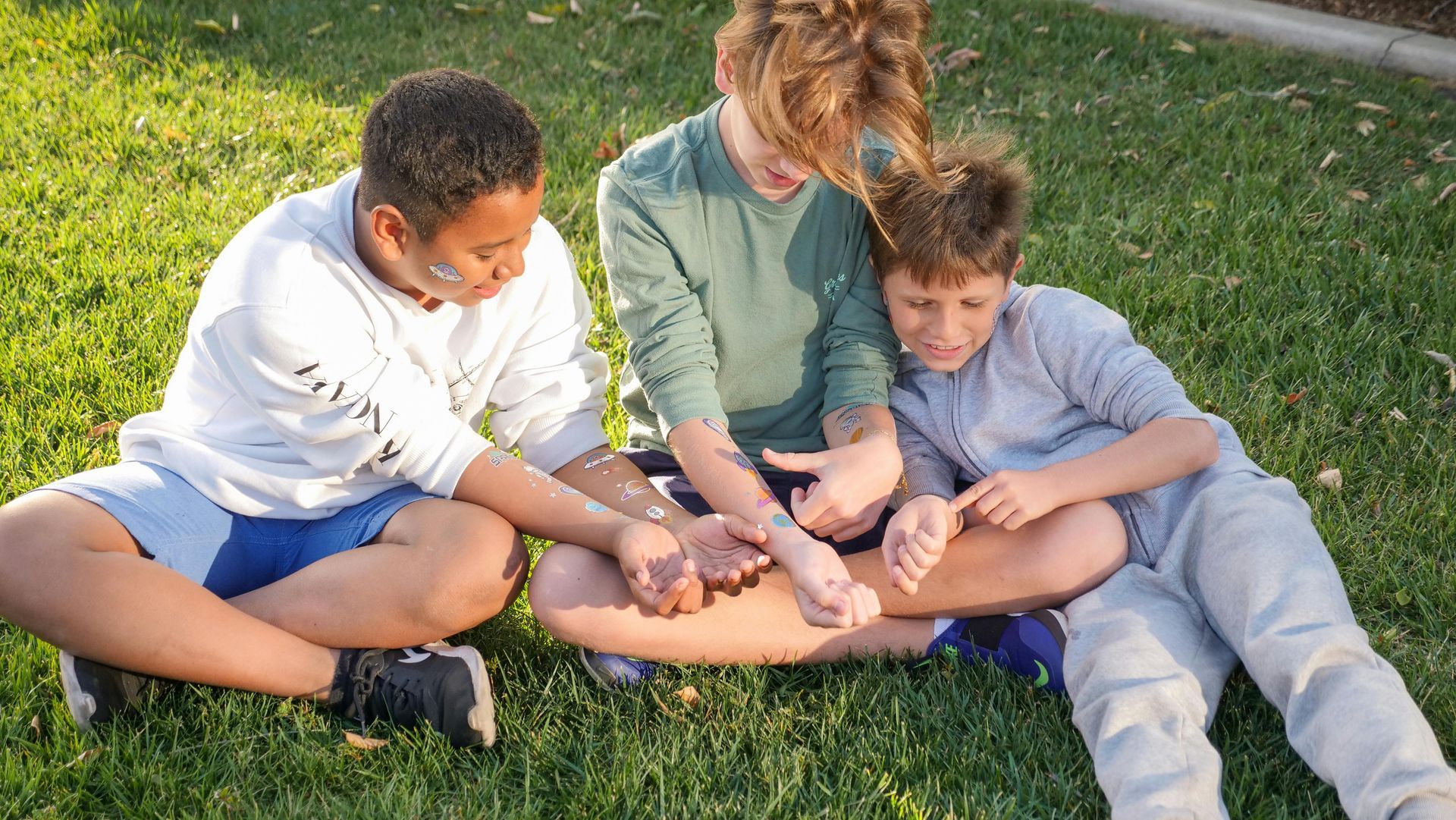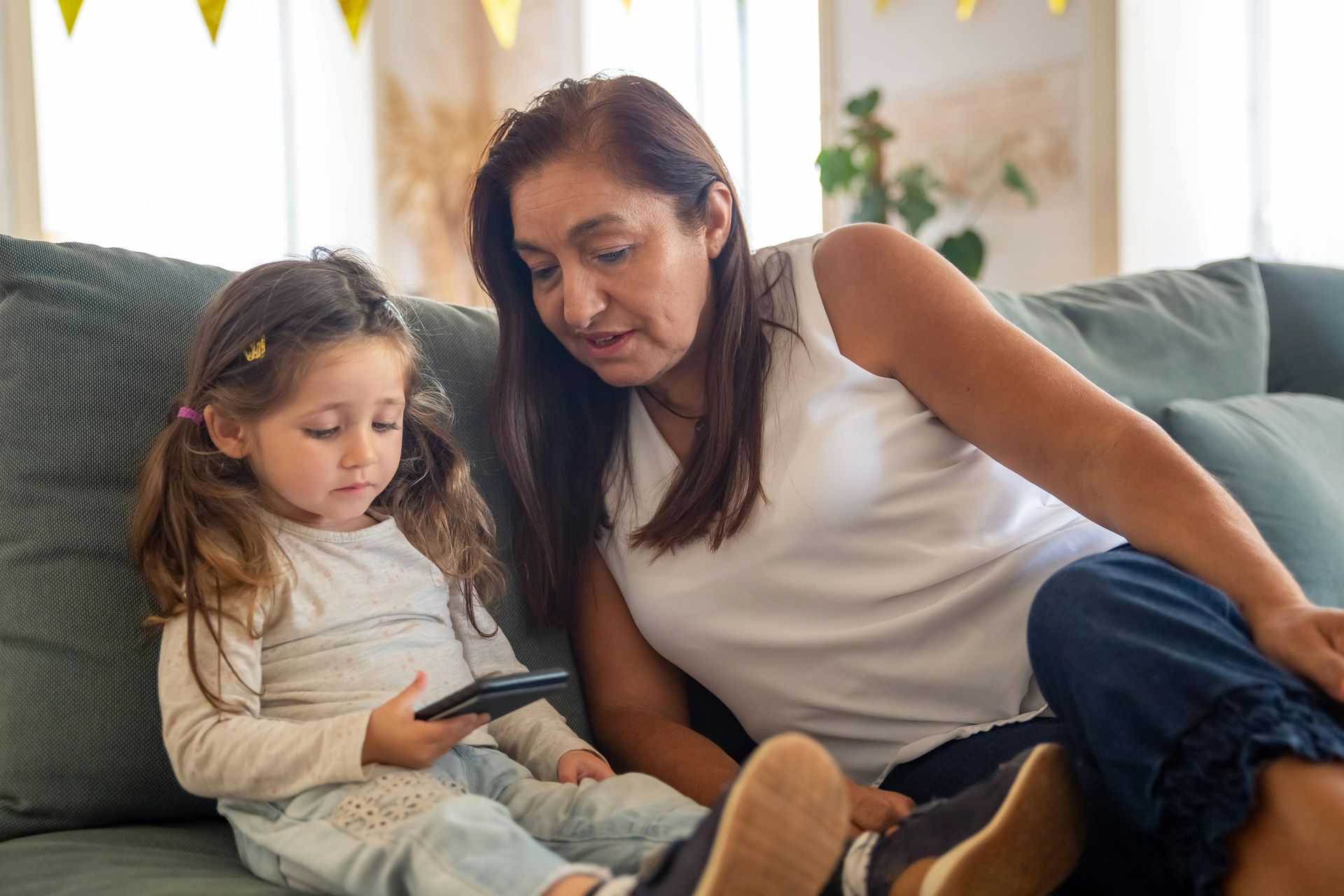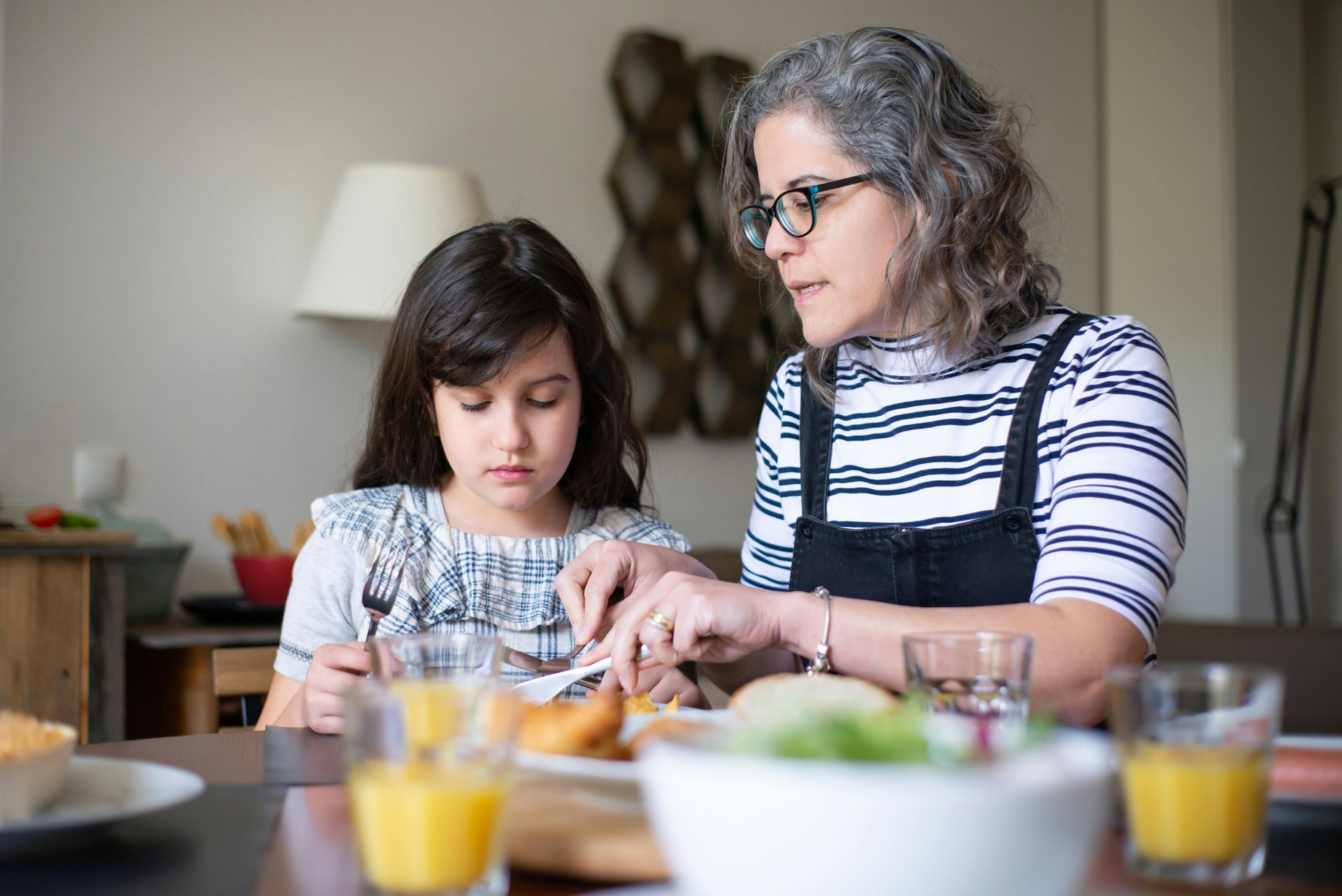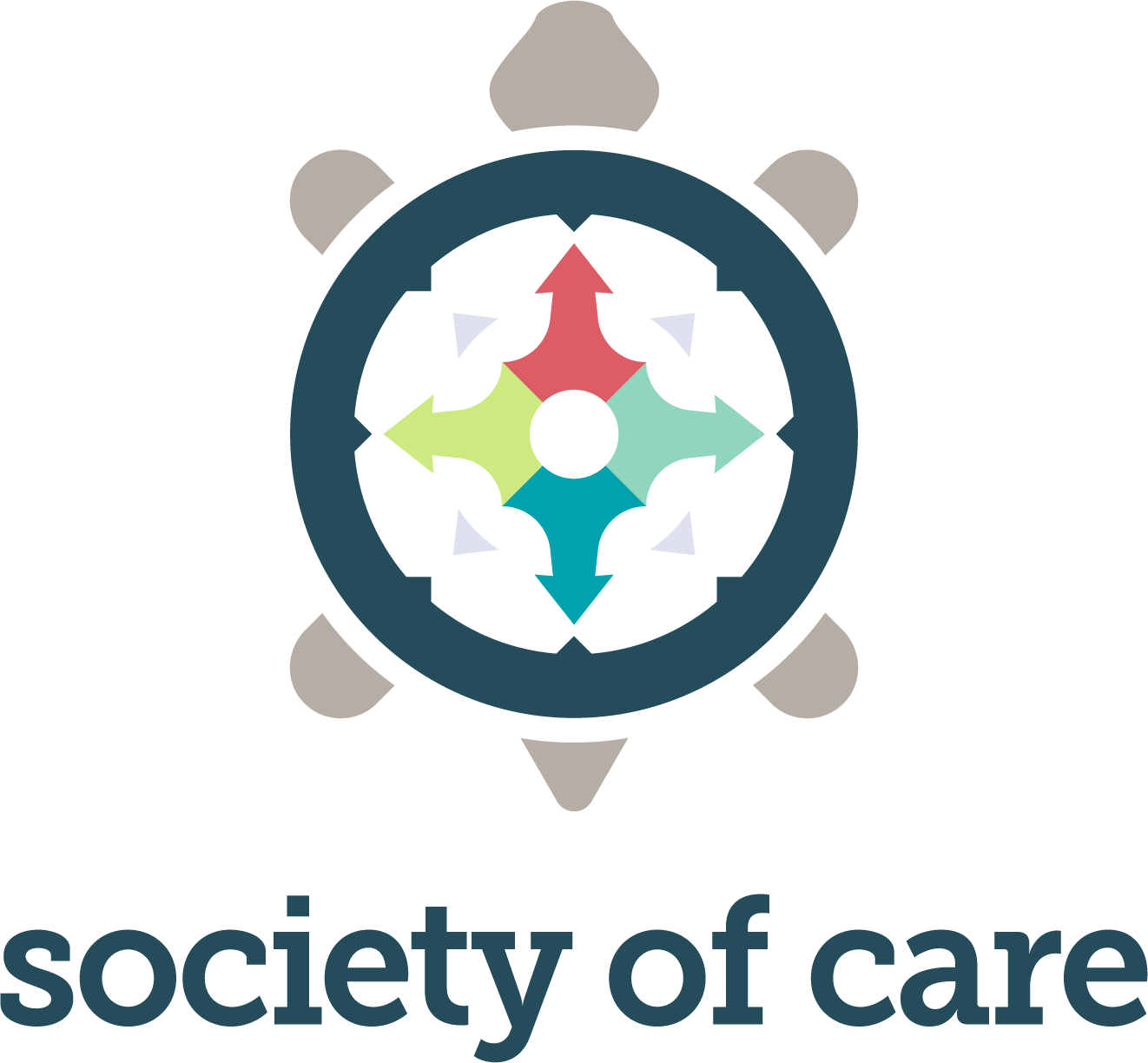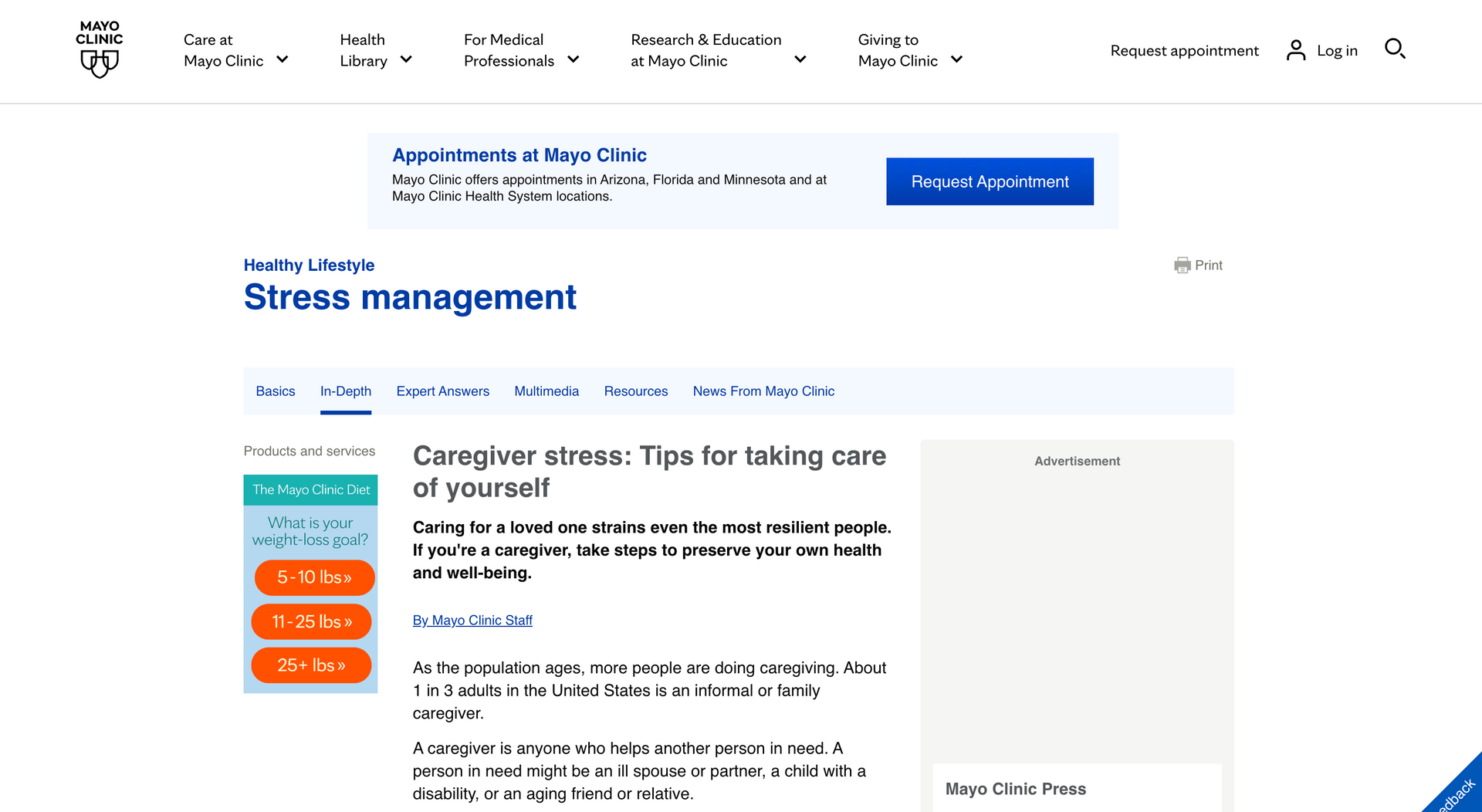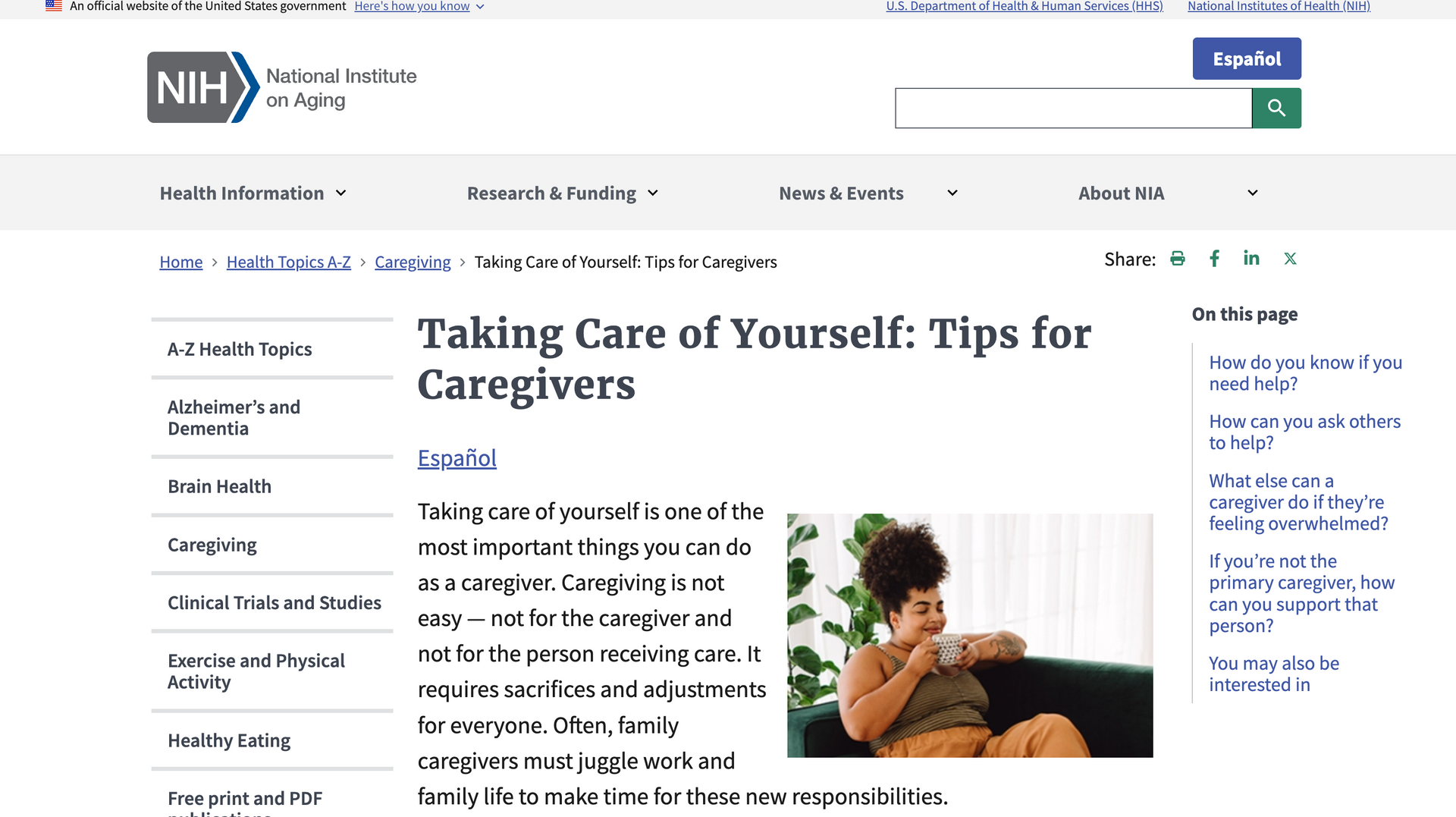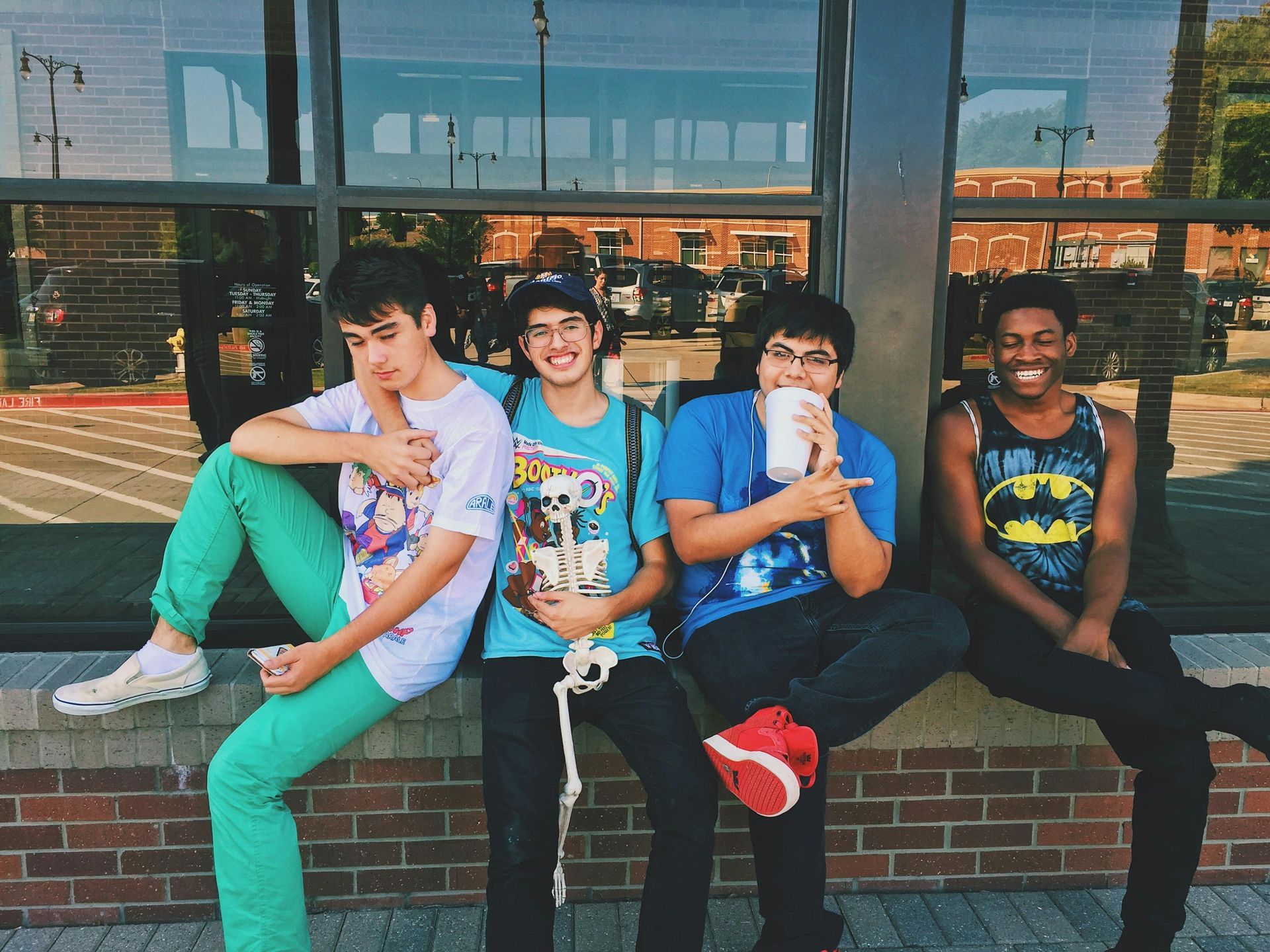Caring for the Caregiver: Prioritizing Mental Health During Summer Break
Summer break is often seen as a time of rest and freedom, but for many caregivers, it can be one of the busiest seasons of the year. With school out, routines disrupted, and demands multiplying, caregivers often put their own well-being on the back burner. At Society of Care, we want to offer a gentle reminder: you matter too.
When you care for yourself, you care better for others. Here’s how to prioritize your mental health this summer—without adding stress or guilt.
1. Rethink What “Rest” Looks Like
Rest doesn’t always mean a vacation or a nap (although those are great too!). It can be as simple as sitting with a cup of tea for five minutes, stepping outside barefoot, or listening to music you love while folding laundry. Small, intentional pauses throughout your day can restore your energy and perspective.
Tip: Set a “quiet minute” timer each day just for you. Even 60 seconds of stillness can reset your nervous system.
2. Simplify the Summer Schedule
There’s pressure to “make the most” of summer, but don’t confuse packed calendars with meaningful memories. Choose a few activities that matter most to your family and let go of the rest. Space in your schedule means space to breathe.
Tip: Use a whiteboard or visual calendar to keep expectations realistic for both you and your children.
3. Name Your Needs, Then Voice Them
Caregivers are often used to holding it all together. But your feelings, stress, and needs deserve attention too. Start by identifying how you’re really doing. Then share that with someone you trust. A partner, friend, or therapist.
Tip: Try saying, “I’ve been feeling a little burnt out lately. Can I talk through some ways to make next week feel more manageable?”
4. Invite, Don’t Entertain
You don’t need to plan perfect outings to make summer special. Instead, invite your kids (or aging loved ones) into the things you’re already doing. Gardening, cooking, sorting laundry. It builds connection without requiring extra effort.
Tip: Let kids be “helpers” with a task you’re already doing. It’s bonding and practical.
5. Connect with a Counselor or Support Group
Telehealth and community mental health resources make it easier than ever to get support. Whether you’re feeling overwhelmed, anxious, or just stretched thin, a check-in with a counselor can help you recalibrate.
6. Give Yourself Credit
You are doing meaningful, difficult work every day. It may not always be visible, but it’s deeply important. Celebrate your efforts. Speak kindly to yourself. And know that tending to your own well-being is not selfish, it’s part of the care you give your family and community.
Gentle Strength for a Busy Season
Caregivers are often the quiet engines behind thriving families and communities. This summer, give yourself permission to receive the same care you so freely give. Small steps can bring big peace.
We see you. We support you. And we believe in the power of care, starting with you.
Looking for more simple, supportive tools for the loved ones in your care? Enjoy these additional resources and explore our blog for ideas that help you nurture connection, one moment at a time. Or, Join our mailing list where we share more resources that accompany our blog posts.
Join Our Mailing List
